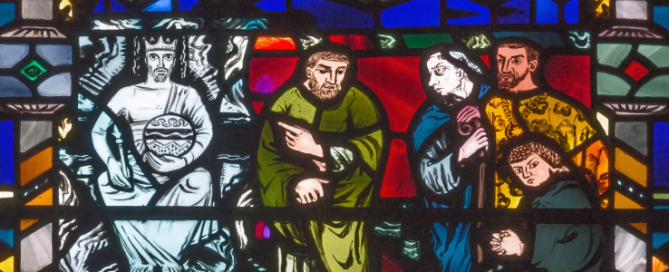A Return to the Historical Jesus
One of the most interesting developments within New Testament studies happened in the 1950s. To set the development in context, I need to remind you that the long “quest” of the historical Jesus – trying to determined what Jesus said and did historically – was evidently put to rest by the work of Wrede and Schweitzer fifty years earlier, and not a whole lot was being done in that field, as scholars *either* thought that our sources were basically reliable and so should be simply be accepted for what they said, *or* realized that our sources were so highly problematic that we couldn’t actually say much about what had happened in Jesus’ life historically. And so scholars turned their attention to other things, first in examining the oral traditions about Jesus through form criticism, and then starting in the 50’s focusing on the distinctive *portrayals* of Jesus in the Gospels using redaction criticism. (I’m simplifying things here, of course, since there were lots of scholars doing lots of different things at the time). In the [...]

